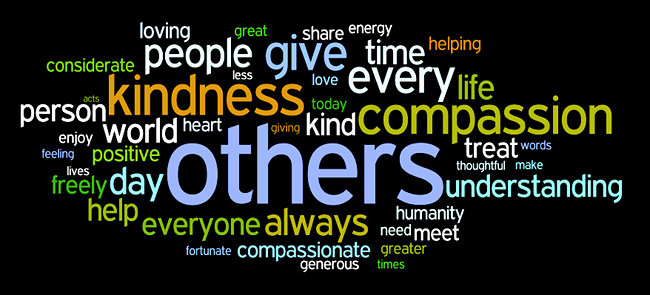The tragic murders of 12 innocent people and many others seriously wounded while watching a movie premiere at a theater in Aurora, Colorado leaves us stunned and perplexed. We are left shaking our heads while asking the questions, "how could something like this have happened?" and "Is there a public place I can be where I will not feel afraid?". Thankfully, these tragic acts of senseless violence rarely happen but when they do we are quickly reminded of the fragility of life, it's unfairness, and the illogical course one's life can take in the blink of an eye.
Worldwide traumas leave us with a sense of confusion and fear. They can have a significant impact on our emotional health, daily functioning, and our sense of well-being and security. Even when we do not personally know the victims of such tragedies we still feel a profound sense of loss and mourning. Our lives are touched when tragedy happens right in our backyard and when tragedy happens across oceans and mountains far, far away from our own communities. It is important to educate ourselves about the impact large-scale tragedies have upon our emotional lives and to apply strategies to help us cope with our natural negative emotional responses. After all, how we express and sort out our feelings impacts their resolution and our ability to move forward. Large-scale tragedies bring about emotions such as-disbelief, fear, grief/loss, anger, and confusion. The extent to which we experience and express our reactions depends greatly upon our current emotional health, support systems, and general coping styles.
It is also important for parents to be aware of the possibility that their children may also experience emotional distress stemming from a large-scale tragedy. Children of all ages need the attention and guidance from the adults in their lives to help them sort out their emotions and to gain a better understanding of the circumstances surrounding the event. Of course all information provided to children or young adults needs to be age appropriate.
Tips For Coping With A Large-Scale Tragedy
- Talk to people about the tragedy you feel able to freely express yourself with. Do not worry about saying exactly the "right" comment or feeling. Connecting with people we trust immediately improves our sense of well-being.
-If you have children allow them to express their feelings freely concerning the trauma. Follow their lead when responding to their concerns and/or fears. It is important to be mindful of your child's developmental stage when talking with him/her about the facts surroundings the event.
-If you find yourself feeling more anxious then circumstances suggest, limit your exposure to media related to the tragedy. Find relaxing activities to do such as going for a walk, reading a book, or spending time with family and friends. Giving yourself an "emotional break" from exposure to news stories covering the tragedy is important for helping decrease unnecessary anxiety and fears.
-Sometimes current large scale traumas trigger emotions regarding personal past hurts. And our own reactions to current worldwide traumas may be intensified as a result. Consider professional counseling if your reactions are interfering with your daily responsibilities and functioning. Unresolved issues do negatively impact our current lives.
How are you healing from this large-scale trauma? Have you been more anxious and fearful? Do you have suggestions to share in order to help others cope better with the current large-scale tragedy? I would like to hear from you.
Post written by Paula Durlofsky, Ph.D. To learn more about me and my practice please visit my web site at www.drpauladurlofsky.com.





